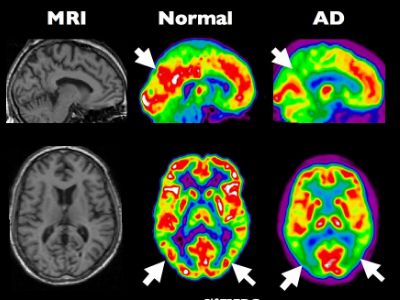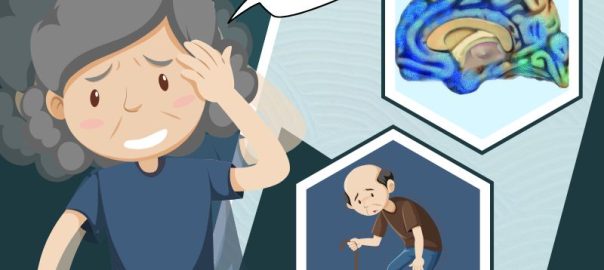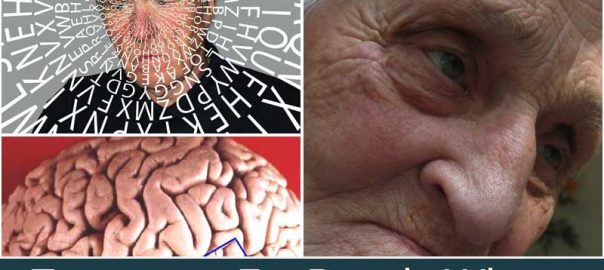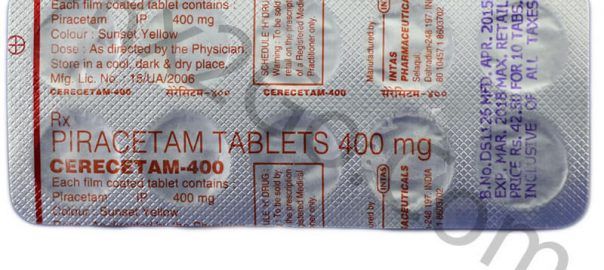Alzheimer’s disease is a progressive neurologic disorder that causes the brain to shrink and brain cells to die. This disease is the most common cause of dementia which is a continuous decline in thinking, behavioral and social skills that affects a person’s ability to function independently.
The early signs of the disease include forgetting conversations or recent events. As the disease progresses, a person with Alzheimer’s disease will develop severe memory impairment and lose the ability to carry out everyday tasks.
What causes Alzheimer’s Disease?
A malfunctioning brain protein disrupts the work of brain cells and triggers toxic events. The resulting damage and loss of neuron connections lead to the death of neurons. In most cases, Alzheimer’s disease is the result of a combination of genetic, lifestyle, and environmental factors that affect the brain over time.
Alzheimer’s is caused by specific genetic changes less than 1% of the time. These changes almost ensure the disease will develop. Disease onset is usually in middle age when these rare mutations occur. The damage most often starts in the region of the brain that controls memory. The loss of neurons spreads in a somewhat predictable pattern to other regions of the brain. By the late stage of the disease, the brain has shrunk significantly.

Risk Factors of Alzheimer’s Disease
- Increasing age is the greatest known risk factor for Alzheimer’s disease.
- Your risk of developing Alzheimer’s is somewhat higher if you have a relative with the same disease. Family and history are some of the risk factors for Alzheimer’s.
- Research has shown that poor sleep patterns are associated with an increased risk of Alzheimer’s disease.
- Lifestyle and heart health also contributes to Alzheimer’s.
What are the symptoms of Alzheimer’s Disease?
- Memory loss
- Poor judgment leads to bad decisions
- Loss of spontaneity and sense of initiative
- Losing things or misplacing them in odd places
- Mood and personality changes
- Trouble handling money and paying bills
- Wandering and getting lost
- Taking longer to complete normal daily tasks
- Repeating questions

Diagnosis for Alzheimer’s Disease
Diagnosing Alzheimer’s includes being able to explain your symptoms and perspective from a close family member or friend about symptoms and their impact on daily life. A diagnosis of this disease is based on tests your doctor administers to assess memory and thinking skills.
Treatment and Medications for Alzheimer’s Disease
Alzheimer’s medications can help for a time with memory symptoms and other cognitive changes.
1. Memantine (Namenda)
This medicine works in another brain cell communication network and slows the progression of symptoms with moderate to severe Alzheimer’s disease.
2. Cholinesterase inhibitors
This works by boosting levels of cell-to-cell communication by preserving a chemical messenger that is depleted in the brain by Alzheimer’s disease. Commonly prescribed cholinesterase inhibitors include:
- Rivastigmine (Exelon)
- Galantamine (Razadyne)
- Donepezil (Aricept)
- Piracetam
- Memantine HCI








